-min.jpg)
Fraud, in all its forms, has significant consequences for its victims. In a real estate transaction, fraud could cost lawyers a lot of money, in addition to destroying their reputation and credibility.
While we all want to make our clients’ dreams come true, it’s prudent to make sure they’re legitimate before moving forward.
Here are a few warning signs to look out for:
- They have no current government issued photo identification
If you haven’t acted for the clients before and they are unable to provide you with current government issued photo identification (ID), do a little more digging. If they do provide you with some form of identification, make sure that the person in front of you matches the ID. For instance, if the ID says the person is 75 years old and they clearly look to be in their 40s or 50s, you could be looking at a perpetrator using a stolen ID. Fraudsters also use identity theft to appear as a corporate property owner and try to take out a mortgage on the property. It’s important, now more than ever, to properly verify your client’s identity before moving forward on their deal.
- They request that the proceeds of the sale/mortgage be paid to a third party that doesn’t appear to be related to the deal
Whether you are acting for a vendor or borrower, it’s best practice to insist that the balance of the proceeds are made payable to the registered owners after payment of secured creditors, taxes, legal fees, bank loans, credit cards, etc., and not to third parties. If your client owes money to a third party that doesn’t appear to be related to this transaction, insist that you make the funds payable to your clients, and they can issue their own cheques. In most fraudulent transactions, funds are made payable to third parties, which allow the fraudsters to quickly negotiate the funds and disappear.
- They don’t appear to be familiar with the transaction and another party is doing all of the talking on behalf of your clients
If you notice that a third person is doing all the talking and has more knowledge about the deal than the person claiming to be the registered owner or purchaser, this could be straw buyer fraud. Straw buyer fraud is when a fraudster tricks someone with good credit to use their name on a mortgage that is actually for the fraudster, in return for cash or a cut of the sale proceeds when the property is sold. The fraudster usually promises the buyer that they will not be responsible for any payments. Unfortunately, what happens instead is that the straw buyer ends up receiving notices of foreclosure or power of sale and is responsible for paying the mortgage though they never benefitted from the proceeds.
If you suspect that you’re witnessing straw buyer fraud, ask a few questions of your client without the other person in the room. Ensure that they are fully aware of the transaction and are able to provide you with their instructions without coercion.
If you’re ever unsure about a deal, you can always run it by our experienced underwriting experts who are skilled at detecting fraud.
Insurance by FCT Insurance Company Ltd. Services by First Canadian Title Company Limited. The services company does not provide insurance products. This material is intended to provide general information only. For specific coverage and exclusions, refer to the applicable policy. Copies are available upon request. Some products/services may vary by province. Prices and products/services offered are subject to change without notice.
®Registered Trademark of First American Financial Corporation.






































-min.jpg?width=350&height=216&name=title-fraud-homeowner-protection-blog%20(1)-min.jpg)

-min-1.jpg?width=350&height=216&name=home-theft-tile-fraud-toronto-blog%20(3)-min-1.jpg)
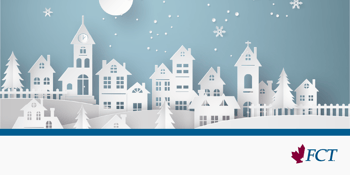
-min.jpg?width=350&height=216&name=FCT-Leading-Insights-Michael-LeBlanc-ENG_blog%20(1)-min.jpg)

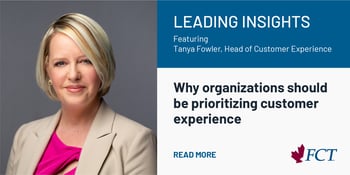




-min.jpg?width=350&height=216&name=errors-and-omissions-ontario-real-estate-law-risk-blog%20(1)-min.jpg)
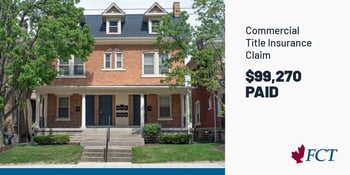
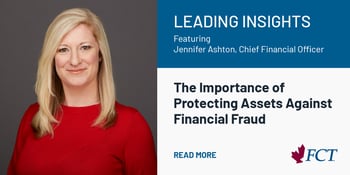




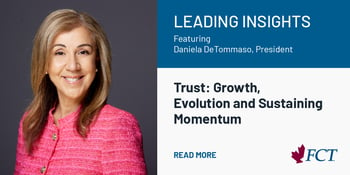



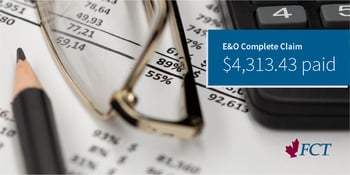









-min.jpg?width=350&height=216&name=Three-signs-your-clients...-Blog%20(1)-min.jpg)





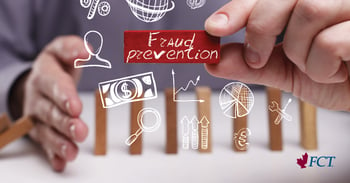







.jpg?width=350&height=216&name=Blog-Post-EasyFund-2-Steps-min%20(1).jpg)





-min.jpg?width=350&height=216&name=June-28th-Were-so-Canadian2%20(1)-min.jpg)
